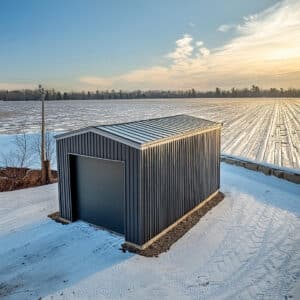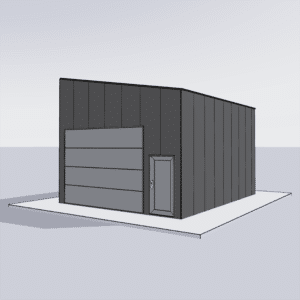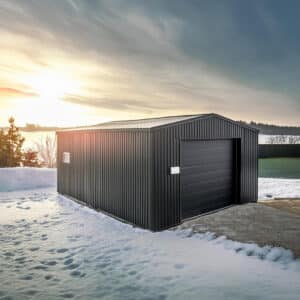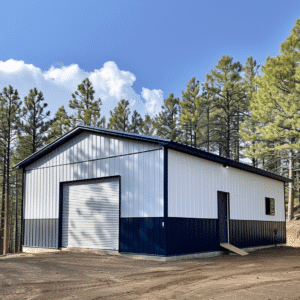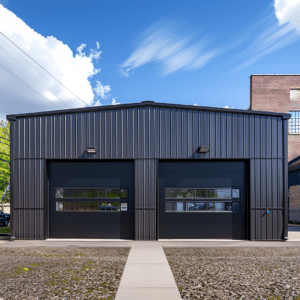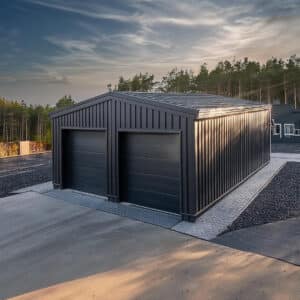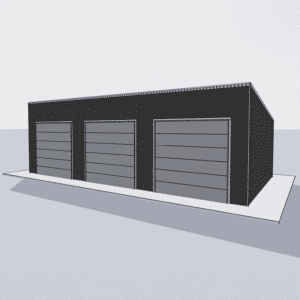When you hear the terms “dream home” or “forever home,” what comes to mind? Perhaps it’s an image of a quaint house nestled in a lush forest or a modern mansion by the ocean. Whatever your vision, the reality is that building a home requires meticulous planning and, more importantly, a well-thought-out home construction budget. Getting this balance right is pivotal to bringing your vision to life without financial pitfalls.
Embedding the phrase “home construction budget” throughout our discussion, we’ll navigate the intricacies of crafting a budget that stands as the cornerstone of any successful home construction project.
1. Understanding the Basics of Home Construction Budgeting
Creating a comprehensive home construction budget is akin to setting a foundation for your house—it’s critical, it’s detailed, and it demands precision. A good starting point for anyone venturing into this process is to gain an understanding of what a well-rounded budget comprises. Besides the obvious cost of materials and labor, factors like land acquisition, permits, utilities, and unforeseen contingencies need equal consideration.
Wondering how to navigate this seemingly overwhelming process? Our handy guide on construction budgeting is your go-to resource. It breaks down the steps and highlights key areas that might require additional attention or resources.
The Essential Components of a Home Construction Budget
Think of your budget as a carefully arranged symphony, where each section represents a component of your construction labor, materials, and more. Key elements often include:
– **Land Costs**: Price of the plot, legal fees, and other associated costs.
– **Design Fees**: Architectural designs, blueprints, and related services.
– **Construction Costs**: Raw materials, labor, contractor fees.
– **Permits and Fees**: Building permits, inspections, etc.
– **Contingency Fund**: Always expect the unexpected—10% of the total budget is a good rule of thumb.
When setting your budget, remember that detailed planning minimizes surprises and maximizes fiscal accuracy. The more precise you are in your estimates, the less likely you are to experience the dreaded “budget blowout.”
2. Strategizing for Home Renovation Budgeting
Before putting the proverbial pen to paper, it’s crucial to pause and reflect on your renovation goals. What do you hope to achieve, and how much are you willing to spend? These are the questions you should answer first. For those embarking on ambitious renovation projects, understanding the nuances of home renovation budgeting becomes a fundamental task.
Budgeting for renovations might differ slightly from new constructions as they involve existing structures. The potential for unexpected expenses is heightened; hence, a robust contingency fund is often advisable. Don’t forget to incorporate costs like demolition, disposal, and updated regulatory approvals into your budgeting plan.
Setting Priorities for Your Home Construction Budget
Your budget, like the blueprint for your home, should reflect your priorities. Is energy efficiency more valuable than luxury finishes? Are smart home technologies crucial? By clarifying what’s non-negotiable and what can wait, you’ll pave a more straightforward path to sticking within your financial boundaries.
Visually visualize this journey like a skilled engineer:

3. Residential Construction: A Deep Dive
For newcomers, understanding the term Residential Construction might seem straightforward, but there’s quite a bit more beneath the surface. Residential construction shoulders unique challenges beyond just logistical concerns, such as maintaining harmony with existing neighborhood aesthetics, complying with local zoning laws, and ensuring the household’s future needs are anticipated and accounted for.
Building your home in an area abundant with industrial steel buildings Ontario can offer various advantages, like proximity to suppliers and innovative building practices. But no two projects are identical, underscoring the importance of tailoring your approach to the specifics of your locale and personal circumstances.
Tailoring Your Budget to Specific Needs
Budgeting rules of thumb serve as a useful guide, yet it’s imperative to customize based on your unique situation. Factors like temporal availability (full-time oversight vs. part-time involvement), inherent skill sets (DIY capabilities vs. full reliance on contractors), and the home’s intended use should all influence your budget’s shape and direction.

4. Learning from the Best: Canada Mortgage and Housing Corporation Insights
Navigating your home construction project with insights from industry authorities can be extremely beneficial. The Canada Mortgage and Housing Corporation offers a comprehensive breakdown of budget components that might align more closely with the intricacies involved in your project. Learning from these insights helps fortify your budget plan against overtly optimistic assumptions and overlooked items.
Infusing Safety Nets and Future Proofing
Lastly, remember that today’s home must also meet future needs. Thus, never sideline the importance of a flexible framework that allows for technological integrations or expansions post-construction. Begin this future-proofing exercise by envisioning the lifestyle you and your family intend to lead and incorporating these insights into your home design and construction budget.
Final Thoughts
Mapping out a comprehensive, adaptable home construction budget is akin to building a dependable, flexible highway. It bridges your current financial reality with your aspirational future landscape. Infuse importance to every aspect of your planning—from initiation to completion—and remember: a well-orchestrated plan serves not only as an anchor but sets the sail for your journey from a plot of land to the home of your dreams.
Being financially prepared is tantamount to embracing all the freedom and fulfillment home ownership offers without the shadows of unforeseen obligations or spiraling debts. Dive deeper, explore contradictions, and consult the available wealth of resources online, leveraging your insights with updates from experts like the industrial steel buildings Ontario sector.
Decorate your process, journey, and eventual success with images such as these that remind you of what’s to come:

Whether you’re budgeting your first home or your final abode, striving towards clear, informed decisions assures you a smoother, more enjoyable voyage.


